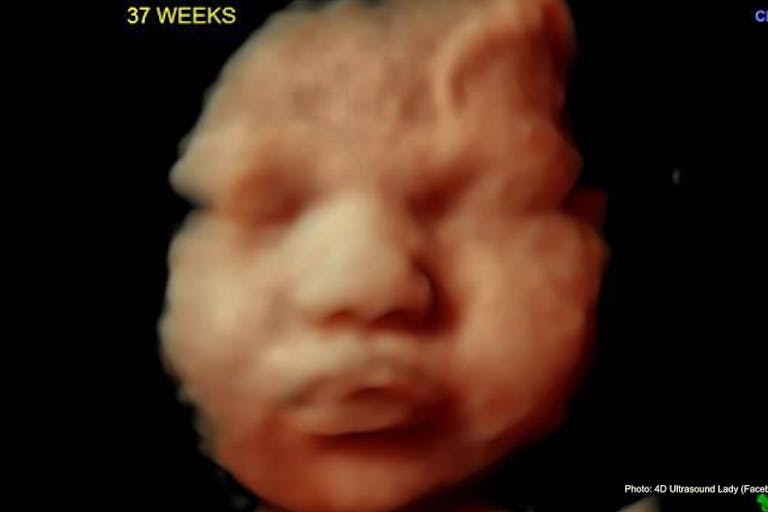
Prosecutors drop charges against Polish doctor who aborted baby in ninth month
Nancy Flanders
·
Journals from Planned Parenthood’s recovery rooms reveal how women are hurt by abortion
According to former workers, Planned Parenthood has journals in the recovery room for women to write in after their abortions. Three former workers have spoken about how the messages left in those journals show that women suffer after their abortions.
Crystal Eldridge was a Planned Parenthood manager in North Carolina, and was interviewed by Live Action News. She described the women in the recovery room and their grief recorded in the journals:
The women would cry… 99% of people were not happy, and there were journals in the back room — in the recovery room — that the women were encouraged to write in, to kind of get their feelings out. And I could never read them in full because I cried too hard….
In those journals, Crystal said, post-abortive women wrote about their grief and regret… “that they planted flowers in the rose garden for the babies, and that they didn’t want to have to do that [abortion], that they didn’t know of any other way.”
Eldridge said that the journals were intended as a “coping mechanism” for women, a tacit admission by Planned Parenthood that abortion is traumatic.
Former Illinois Planned Parenthood worker Linda Couri interviewed in a WeDignify Podcast, also made mention of these journals. Couri was working on her doctorate in social work and knew of stacks of used journals Planned Parenthood kept in the basement. She thought they would be good research material. At that time, Couri was convinced that abortion benefited women. She’d had an abortion herself, and felt she coped with it fine. Years later, she came to regret her abortion and suffered emotional turmoil over it. But while she worked in the abortion industry, surrounded by people who affirmed her choice, she repressed her feelings.
Couri was shocked when she read the journals. Women were suffering:
[S]ome of them said things like, “I’m so relieved, everyone here has been so kind”, but as I started flipping through the journals there were entries like, “Oh my God, what have I done? I killed my baby.” Like, panicked writing.
And I can remember the feeling I had where I was literally confused. I was like, wait what? I couldn’t believe it. I had fully expected that people would [be] relieved. You know, projecting myself onto them – that they would be relieved. But it was all these other reactions and they were written down. It caused me to double take, and I was like, wait what?
READ: Abortion regret exists among pro-abortion moms: ‘Too many of us are bottling up the tears’
She wondered about women’s mental health after they left the facility:
Article continues below
Dear Reader,
In 2026, Live Action is heading straight where the battle is fiercest: college campuses.
We have a bold initiative to establish 100 Live Action campus chapters within the next year, and your partnership will make it a success!
Your support today will help train and equip young leaders, bring Live Action’s educational content into academic environments, host on-campus events and debates, and empower students to challenge the pro-abortion status quo with truth and compassion.
Invest in pro-life grassroots outreach and cultural formation with your DOUBLED year-end gift!
[A]nd then I started thinking, where do these people go? Some of them are young. What did they do? They’re leaving here. What kind of support systems do they have? They feel this way – it really messed with my world.…
It did not match up with what I thought reality was, and I couldn’t deny it, because it was written down. There was no agenda behind these people writing it down. It was just pure unadulterated reaction to how they felt after an abortion.
She spoke to her director about her discovery and asked if she could start a support group for women suffering from post-abortion trauma. She was given permission to do so, but few women attended. Women didn’t want to return to the place where they had their abortions:
[The group] didn’t really help. It’s very hard to reach out to that population. How do you reach out to them? How do you find them? How do you do so confidentially? Do they really want to come back? Most of them just want to forget about the whole thing. So I have to say that it was an attempt to do the right thing, but it was ultimately unsuccessful.
Another abortion worker, Annette Lancaster, also spoke about Planned Parenthood’s journals in an interview for the PureFlix series Beautiful Lives. Abby Johnson, the interviewer, asked Lancaster if women felt freedom after their abortions. She answered:
Not at all. A lot of women said that, because that is what they were told to say. That is what they were told to think. That this is going to be a freeing experience for you. You’ll feel great afterwards. You will feel a sense of relief, which is the common Planned Parenthood phrase. But a lot of those women afterwards, I didn’t see a sense of relief. I didn’t see that they felt better.
Most of the time, what they wrote in the journals that we kept in the recovery room was that they were upset and that they did regret what they had done.
It’s not a procedure like you had a broken bone and put a cast on and it’s something that you don’t think about.… This is something that she’s going to constantly think about, and often regret, for the rest of her life.
These three former workers now know the truth: abortion is not empowering for women.
“Like” Live Action News on Facebook for more pro-life news and commentary!
Live Action News is pro-life news and commentary from a pro-life perspective.
Contact editor@liveaction.org for questions, corrections, or if you are seeking permission to reprint any Live Action News content.
Guest Articles: To submit a guest article to Live Action News, email editor@liveaction.org with an attached Word document of 800-1000 words. Please also attach any photos relevant to your submission if applicable. If your submission is accepted for publication, you will be notified within three weeks. Guest articles are not compensated (see our Open License Agreement). Thank you for your interest in Live Action News!

Nancy Flanders
·
Pop Culture
Cassy Cooke
·
International
Cassy Cooke
·
Analysis
Cassy Cooke
·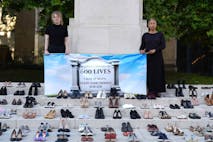
Analysis
Angeline Tan
·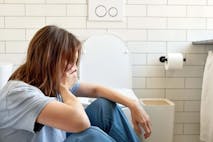
Analysis
Cassy Cooke
·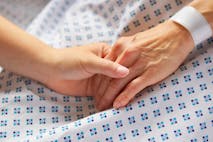
Guest Column
Sarah Terzo
·
Abortion Pill
Sarah Terzo
·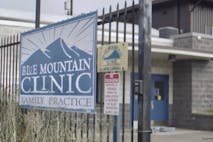
Guest Column
Sarah Terzo
·
Guest Column
Sarah Terzo
·
Guest Column
Sarah Terzo
·